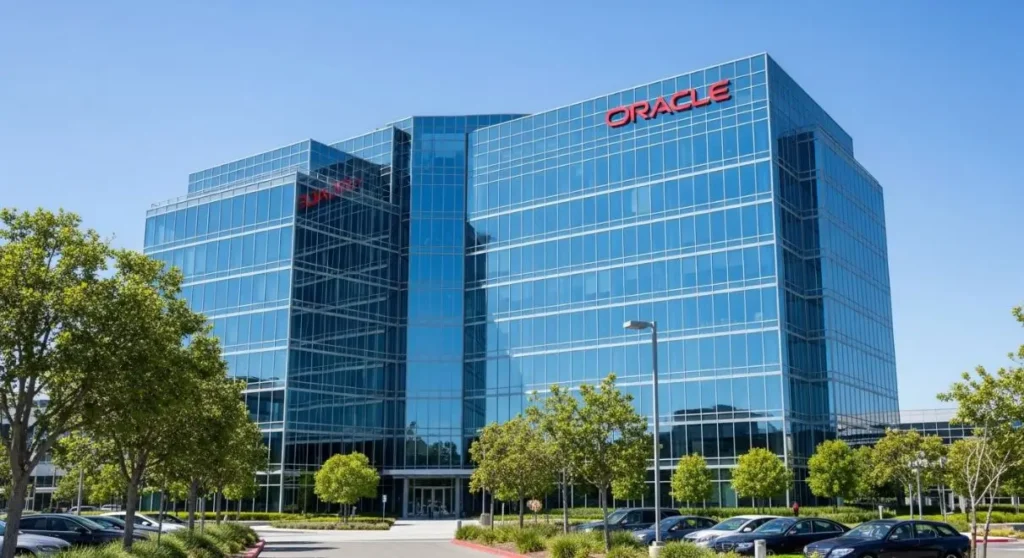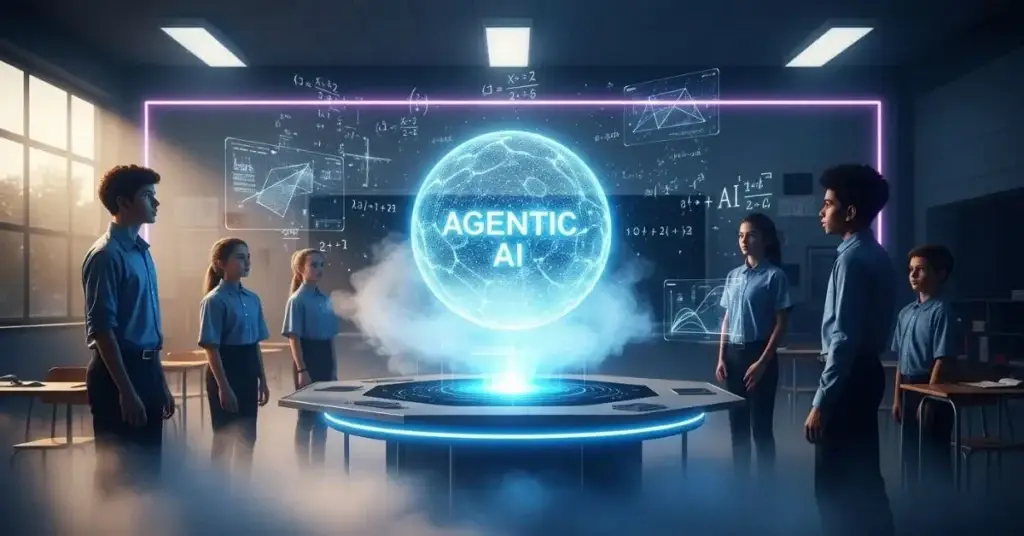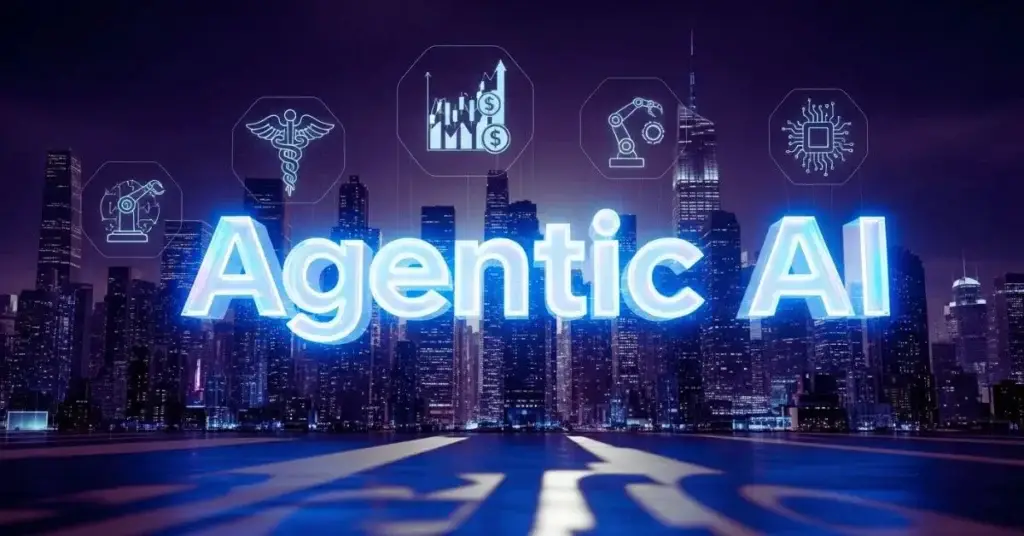
Introduction: The Start of a New Tech Era
Oracle and Salesforce announce massive layoffs in the US, signaling a significant shift in the tech industry landscape. With thousands of jobs cut, this move reflects broader trends driven by AI adoption, cloud computing, and economic pressures. In this article, we’ll dive deep into the reasons behind these layoffs, their impact on employees, the future of tech jobs, and what industry experts predict for the coming years.
Overview of the Layoffs
Oracle and Salesforce, two of the largest tech companies globally, have recently announced workforce reductions across their US operations:
- Oracle: Over 3,000 employees globally, including 254 in the Bay Area offices (Redwood City, Pleasanton, Santa Clara), along with additional layoffs in Seattle, Kansas, Massachusetts, and Texas.
- Salesforce: 262 employees in San Francisco and 93 in Seattle, mainly from technology, product, administration, and sales departments.
Oracle and Salesforce have laid off more than 600+ employees across the United States in 2025, with the most significant impacts in San Francisco, Seattle, and the Bay Area.
These layoffs will become effective from November 3, 2025, and are part of a larger restructuring plan to streamline operations and integrate AI solutions.
Why the Layoffs Happened

AI Integration
One of the most significant factors driving these layoffs is the adoption of AI across multiple departments:
- Salesforce’s Agentforce AI system now handles 30–50% of customer interactions, reducing the need for large support teams.
- Oracle’s cloud services and AI platforms automate routine tasks and increase efficiency while reducing headcount in marketing and customer experience roles.
Cloud Computing Expansion
Cloud adoption has allowed tech companies to consolidate infrastructure, automate processes, and optimize workflows. While this boosts productivity, it also makes specific traditional roles redundant.
Economic and Market Pressures
The tech industry has faced economic pressures post-pandemic, including:
- Inflation and increased operational costs
- Over-hiring during pandemic-era growth
- Investor pressure for profitability
This combination has pushed Oracle and Salesforce to restructure their workforce strategically.
Employee Impact and Human Stories
While numbers highlight the scale, the human impact is profound. Employees affected by layoffs face:
- Financial uncertainty: Loss of steady income and benefits.
- Psychological effects: Stress, anxiety, and career uncertainty.
- Transition challenges: Needing to upskill or pivot to AI-related roles.
Human stories to consider:
- A Salesforce customer service employee shared, “AI is efficient, but losing my team is heartbreaking. We are now seeking training to adapt to new AI tools.”
- Oracle marketing staff expressed concern about job security and industry unpredictability.
Industry Analysis: A Broader Trend
These layoffs are not isolated. Other major tech players like Microsoft, Amazon, T-Mobile, and F5 are also reducing workforce:
- Microsoft: 15,000 layoffs while investing $80 billion in AI development
- Amazon: Thousands of roles cut in AWS and retail divisions
- F5 Networks: Job reductions aligned with cloud adoption
Implications for the tech sector:
- Job roles are evolving: Increased demand for AI and cloud-related skills.
- Shift toward automation: Manual and repetitive tasks are increasingly automated.
- Increased competition: Professionals must stay up-to-date with AI tools to remain relevant
How AI is Reshaping the Job Market
Efficiency Gains
- Automated customer support
- Predictive analytics for marketing campaigns
- AI-driven project management
New Opportunities
- AI specialists, machine learning engineers, and cloud architects are in higher demand.
- Roles in AI ethics, bias mitigation, and AI governance are emerging.
Upskilling as a Necessity
Employees are encouraged to learn:
- AI tool integration
- Cloud infrastructure management
- Data analytics and predictive modeling
Expert Opinions
Industry experts suggest that layoffs are a natural step toward optimizing operations and embracing AI:
- Marc Benioff (Salesforce CEO): “AI systems deliver customer satisfaction rates comparable to human agents, allowing us to focus on innovation.”
- Tech Analysts: Oracle’s layoffs are part of a strategic shift to invest more in AI-driven services globally.
- Economists: These layoffs signal a broader trend of “smart downsizing” to balance AI adoption and operational costs.
Future Outlook
What does this mean for the tech workforce in the US and Canada?
- Job evolution: Traditional tech roles may decline, while AI-focused roles increase.
- Reskilling imperative: Employees must embrace AI tools to maintain employability.
- Potential growth sectors: AI services, cloud platforms, data privacy, and cybersecurity.
Predictions for 2026–2030:
- AI will manage more complex tasks, including project planning and strategic decision-making.
- Companies may reduce overall headcount by 10–20% in non-core areas.
- Upskilled employees may command higher salaries in AI-adapted roles.
Recommendations for Affected Professionals
- Upskill in AI and Cloud: Take online courses and certifications.
- Network actively: Join tech meetups, LinkedIn groups, and professional forums.
- Consider remote opportunities: AI and cloud jobs often allow flexible remote work.
- Leverage experience: Highlight transferable skills for AI-enhanced roles.
How to Stay Ahead in Tech Amid Layoffs
- Embrace AI tools: Learn automation, predictive analytics, and AI project management.
- Follow industry news: Stay updated on layoffs, AI adoption trends, and market shifts.
- Continuous learning: Regularly update skillsets to remain relevant.
Key Takeaways
- Oracle and Salesforce announce massive layoffs in the US due to AI adoption, cloud expansion, and economic pressures.
- Thousands of jobs are affected globally, including in the Bay and Seattle.
- AI is both a cause of layoffs and a path to new opportunities.
- Employees must adapt, reskill, and embrace emerging AI roles.
- Tech industry trends indicate a long-term shift toward automation and AI-driven efficiency.
Conclusion
The announcement that Oracle and Salesforce are letting go of thousands of employees in the US is more than just a corporate headline; it’s a life-changing moment for real people and their families. Behind every number is someone worrying about their future, bills, and career dreams.
At the same time, this shift shows us how fast technology, especially AI and automation, is changing how companies operate. For many, it feels scary. But there’s also a silver lining: opportunities to learn new skills, adapt, and find roles that match the future of work. If you’re in tech, this is the time to invest in yourself, whether that means learning cloud, AI, or data-driven skills.
For Oracle and Salesforce, the challenge isn’t just saving money; it’s about proving they can still innovate while caring for the people who built their success. And for the rest of us watching, the lesson is simple: the tech world moves fast, and staying prepared is the best way to stay ahead.
Layoffs are brutal, but they don’t have to be the end of the story; they can be the beginning of a new chapter.
The Oracle and Salesforce layoffs highlight how AI-driven restructuring is disrupting jobs across tech. A similar wave of uncertainty is also visible in the legal space especially with the XAI lawsuit against its engineer and OpenAI in 2025.
which is raising critical questions about accountability in the AI industry. Read the full analysis here.
FAQs About Oracle and Salesforce Announce Massive Layoffs in the US
1. Why are Oracle and Salesforce announcing massive layoffs in the US?
Answer: Many employees and readers ask why Oracle and Salesforce announce massive layoffs in the US. The main reason is a strategic shift toward AI integration and operational efficiency. Salesforce’s AI-powered Agentforce system now handles many customer interactions, reducing the need for human support roles. Similarly, Oracle is automating marketing and customer experience tasks, which has led to workforce reductions.
2. Which departments are most affected by the layoffs?
Answer: When Oracle and Salesforce announce massive layoffs in the US, customer support, sales, marketing, and administrative roles are usually the hardest-hit departments. Oracle specifically affected marketing and customer experience teams, while Salesforce’s reductions are primarily in support and tech-related departments.
3. How many employees are being laid off in the US?
Answer: The numbers are significant when Oracle and Salesforce announce massive layoffs in the US. Salesforce is cutting 262 jobs in San Francisco and 93 in Seattle. Oracle has eliminated 254 positions in the Bay Area, with additional reductions in Seattle, Texas, and other states. Globally, Oracle’s layoffs affect over 3,000 employees.
4. What role does AI play in these layoffs?
Answer: The reader asks, “How does AI affect these layoffs?” When Oracle and Salesforce announce massive layoffs in the US, it’s mainly because AI systems are taking over repetitive tasks. Salesforce’s Agentforce AI handles 30–50% of routine customer support, while Oracle’s AI tools automate marketing and data-driven operations, reducing reliance on human labor.
5. Are there any plans for employee redeployment?
Answer: Both companies are partially addressing concerns about job loss. Salesforce has redeployed some employees into other roles, including sales and customer success. While not specifying redeployment, Oracle emphasizes creating an agile workforce to adapt to AI and cloud operations.
6. What is the timeline for these layoffs?
Answer: The timing is critical when discussing Oracle and Salesforce announcing massive layoffs in the US. Salesforce’s layoffs are scheduled to start on November 3, 2025, while Oracle’s are being rolled out gradually across affected regions.
7. How are employees reacting to these layoffs?
Answer: Employees affected by these layoffs report stress, anxiety, and uncertainty about the future. Many are exploring reskilling opportunities in AI, cloud, and data analytics to adapt. As Oracle and Salesforce announce massive layoffs in the US, it becomes clear that human impact is profound, not just numbers on a spreadsheet.
8. What are the ethical implications of replacing human workers with AI?
Answer: When Oracle and Salesforce announce massive layoffs in the US, ethical concerns arise about job displacement. Experts stress the importance of balancing technological progress with social responsibility, ensuring affected employees are supported with training, severance, and career transition resources.
9. How are other tech companies responding to AI-driven layoffs?
Answer: Other major tech companies like Microsoft, Amazon, and F5 Networks are also restructuring. Microsoft, for example, has cut 15,000 jobs while investing billions in AI, highlighting a broader industry trend. Employees in tech must anticipate ongoing changes when Oracle and Salesforce announce massive layoffs in the US and similar moves in the sector.
10. What can employees do to prepare for AI-driven changes in the workplace?
Answer: Employees should upskill in AI, cloud computing, and data analytics to stay competitive. Joining professional communities, attending workshops, and keeping abreast of industry trends are essential steps. When Oracle and Salesforce announce massive layoffs in the US, proactive learning and adaptability can be the difference between job loss and career growth.


